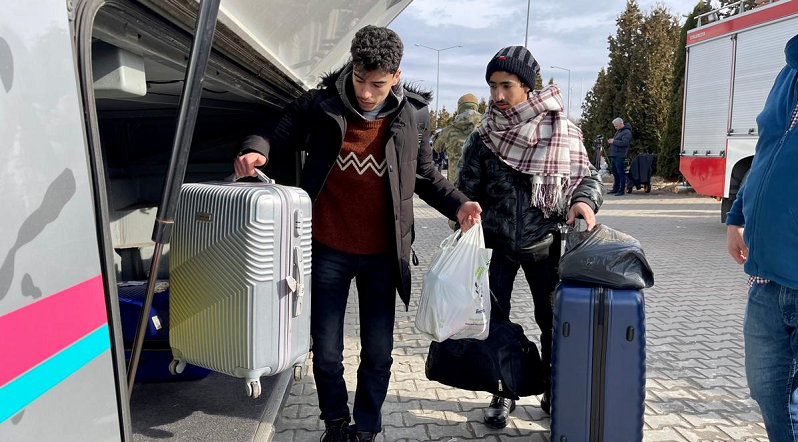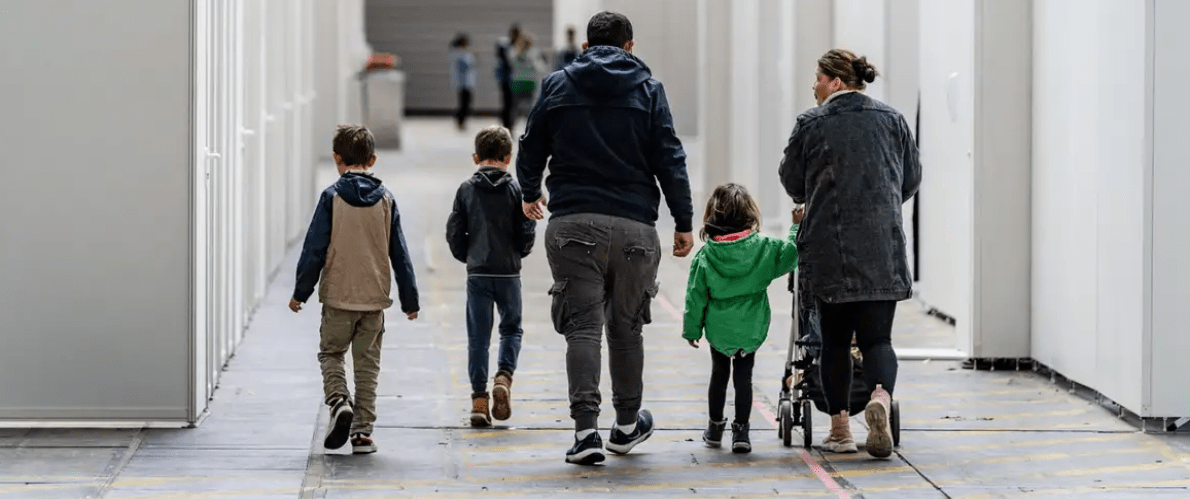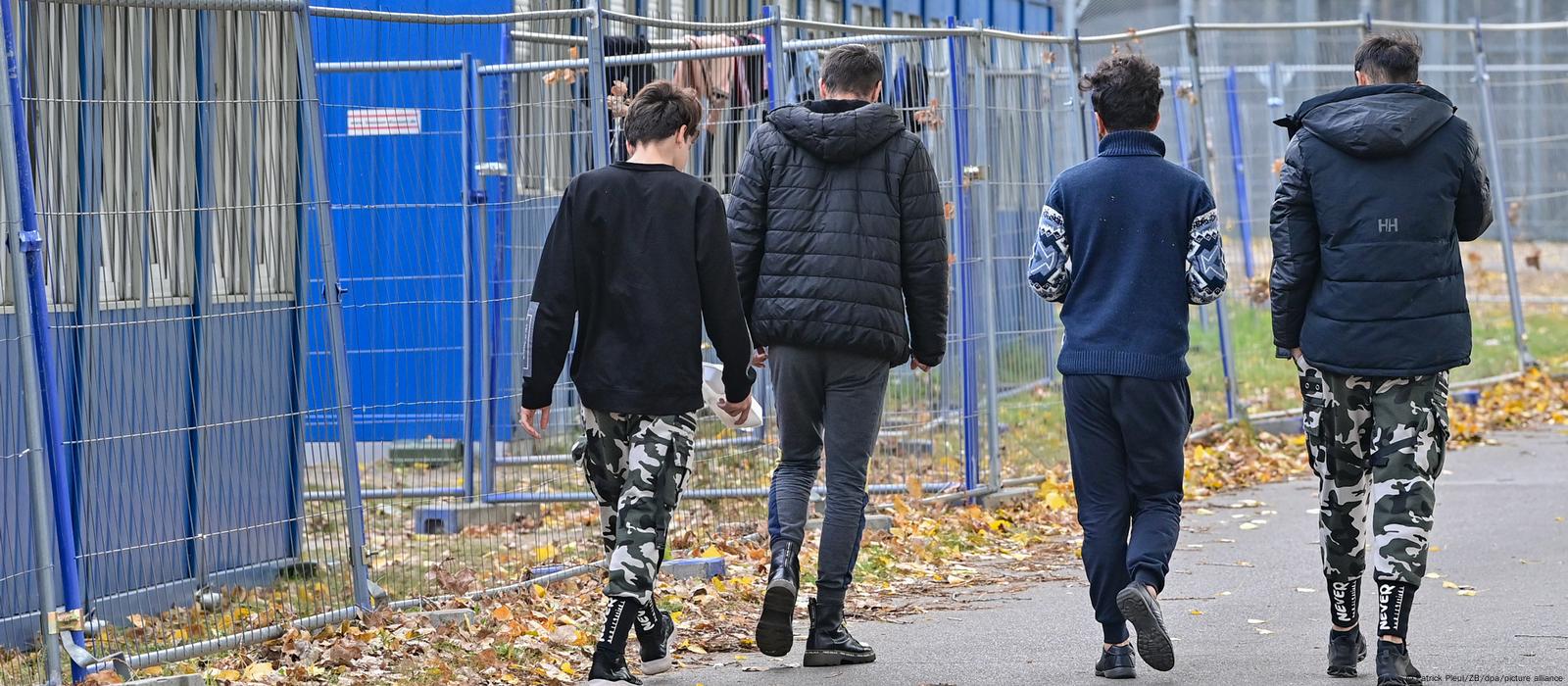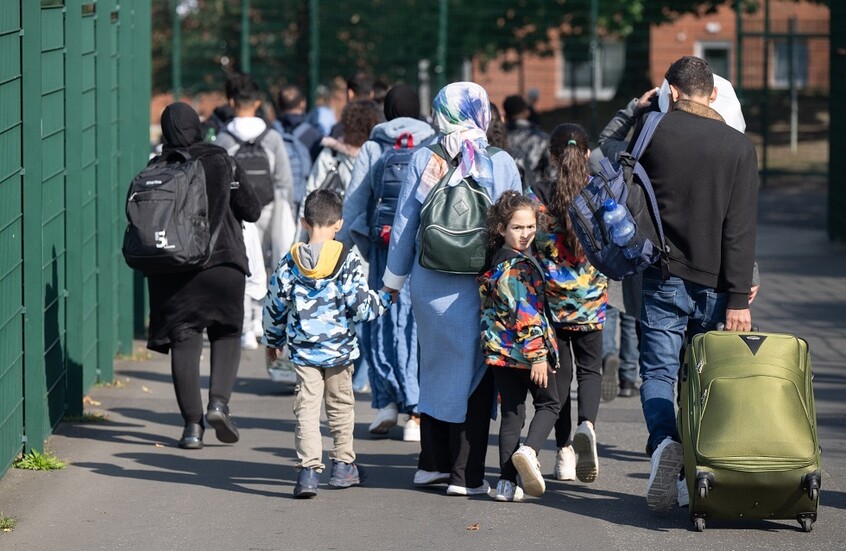According to figures released by the Central Register of Foreigners under the Federal Office for Migration and Refugees (BAMF), the number of family reunification cases in Lower Saxony has reached 73,000 individuals residing in the state for family-related reasons. This represents an increase of 8,700 cases since 2021. The state’s Ministry of the Interior provided these statistics in response to a request from the Christian Democratic Union (CDU) in the state parliament.
By the end of last year, according to data from the state’s Central Register of Foreigners, there were 73,380 individuals holding temporary residence permits. This total includes 27,400 spouses, children, or other relatives of German citizens, nearly 7,000 of whom have applied for asylum to obtain recognized refugee status. Additionally, 12,500 children have been granted residence permits by virtue of being born in Germany. Since 2020, the number of German-born children from asylum-seeking families in the state has risen by nearly 2,700.
The CDU has raised concerns about the growing strain on municipalities due to the rising number of migrants. The state’s Ministry of the Interior, however, does not provide annual updates on family reunification arrivals, which the CDU considers a significant oversight. The party has called on the state government to promptly clarify the reasons for this lack of regular reporting.
The party also slammed the limited capabilities of municipalities and their lack of options to control or oppose migration policies, particularly when municipalities face shortages in available housing or lack sufficient spots in free daycare centers and schools.
“Many municipalities in Lower Saxony have been struggling for some time to accommodate new arrivals and may soon reach a point where they cannot adequately house or provide care for additional people,” warned Lower Saxony’s prime minister. The prime minister further emphasized the need for timely and equitable control over the flow of refugees.
According to the Interior Ministry, the family reunification policy aims to protect marriage and family in Germany’s Basic Law, as well as the obligations imposed by international and European law.





